Living in Japan: The Everyday Life of a Foreign Worker

Have you landed a job in the land of the rising sun? Or you’re still taking time to finally decided to move? Of course, you’d want to know what it is like to work and live in Japan as a foreigner. I have been working in a Japanese company for about 5 years now, and I can say that I am living a good life here. It’s a given that I struggled at first, and you probably will too. But you will only need some time to feel at home!
Table of contents
Work and Live in Japan: The Everyday Life of a Foreign Worker
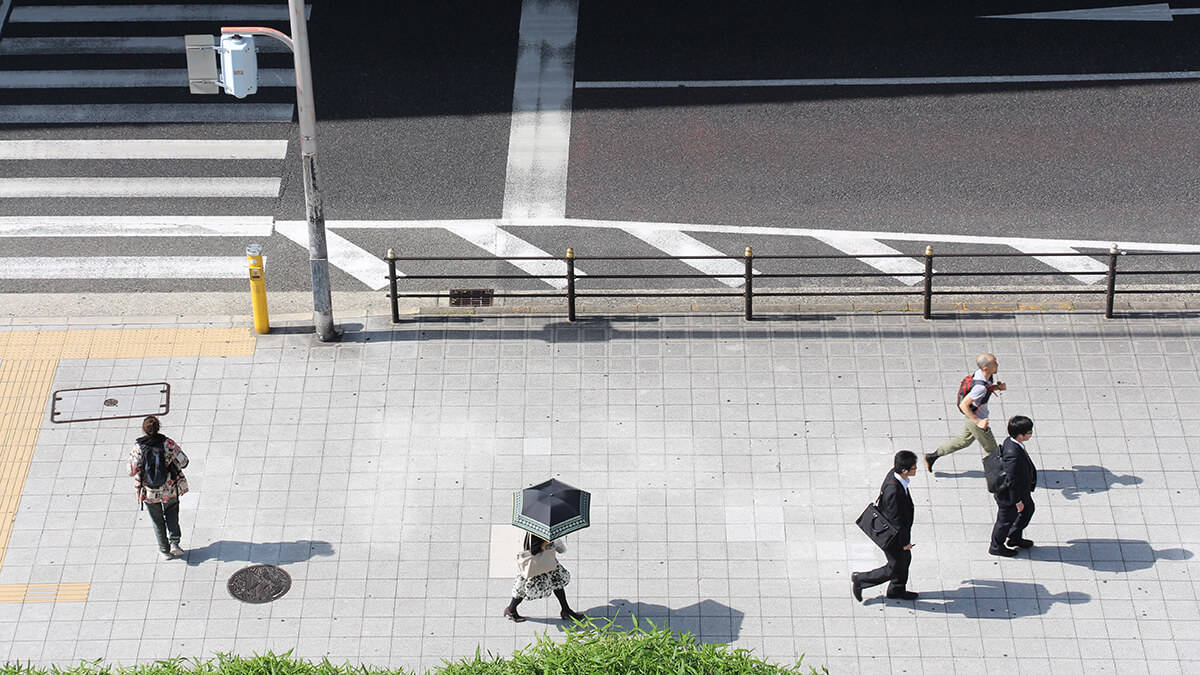
I first went to Japan to study in a Japanese language school. After I graduated, I decided to get a degree in Japan, which meant I stayed longer in the country. I had lived in dormitories before and experienced homestays with Japanese families. When I got a job offer, I prioritized finding an apartment. Eventually, I realized that I’ve already gotten accustomed to Japanese life!
There are a few things to consider. Transportation, language, the culture, job environment, and your routine. It’s your survival we’re talking about! Moving into a new country and immediately striving to perform well in a new company is challenging. The adjustments may seem endless at first, and you will feel like you’re doing lots of things at the same time. Worry not! I’ll give you a sneak peek of the life of a foreign employee in Japan, and let’s course through yours together:
On-the-Dot
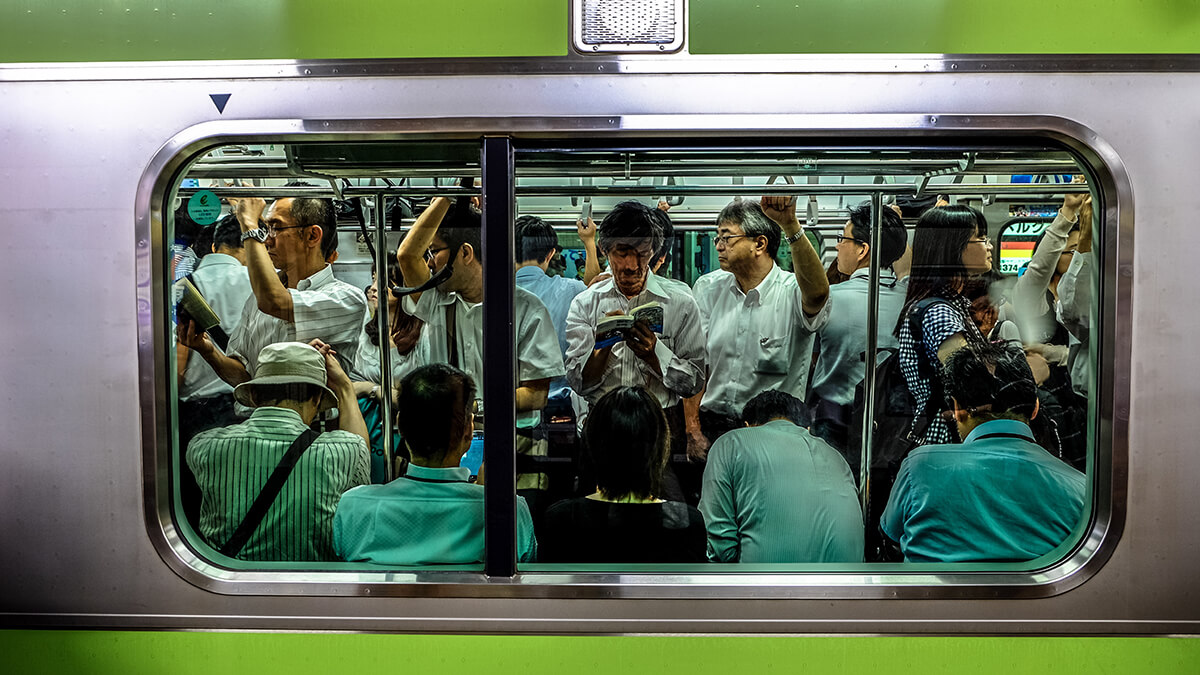
One of the first things I had to learn when I started working in Japan was the transportation system. It’s one of the most significant aspects of my routine! The commute will determine how early you should wake up to avoid delay at work. Makes sense, right? I tried establishing different habits until I figured out the best. Having experienced living with native Japanese friends also gave me clues on how I should go about my days.
I work in Tokyo, which is the busiest part of Japan, so I wake up at 6:00 in the morning every day and do some stretching. When I’m energized enough, I go straight to the bathroom to freshen up. In Japan, most people prefer bathing in the evening, and I have come to adopt this as well. So, my mornings involve quickly washing my face and getting dressed for work. After that, I prepare my breakfast. Personally, I like taking things slow in the morning, so I try to have enough time to enjoy my tea. On some days, I get to read a book while munching on my nattō!
I always make sure that I walk out of my apartment at 7:00. My commute to work involves a 10-minute walk to the nearest station, an hour-long train ride, and another 10-minute walk to the office. People in Japan, specifically in Tokyo, live fast-paced lives. And since the transportation system in the country is always on-the-dot, you can easily estimate your travels. Remember that your residence and your office matter. Once you familiarize the distances, the commute, and the crowds in certain hours, you’ll go about your mornings smoothly. From there, you’re on to conquer the day!
Nine to Six
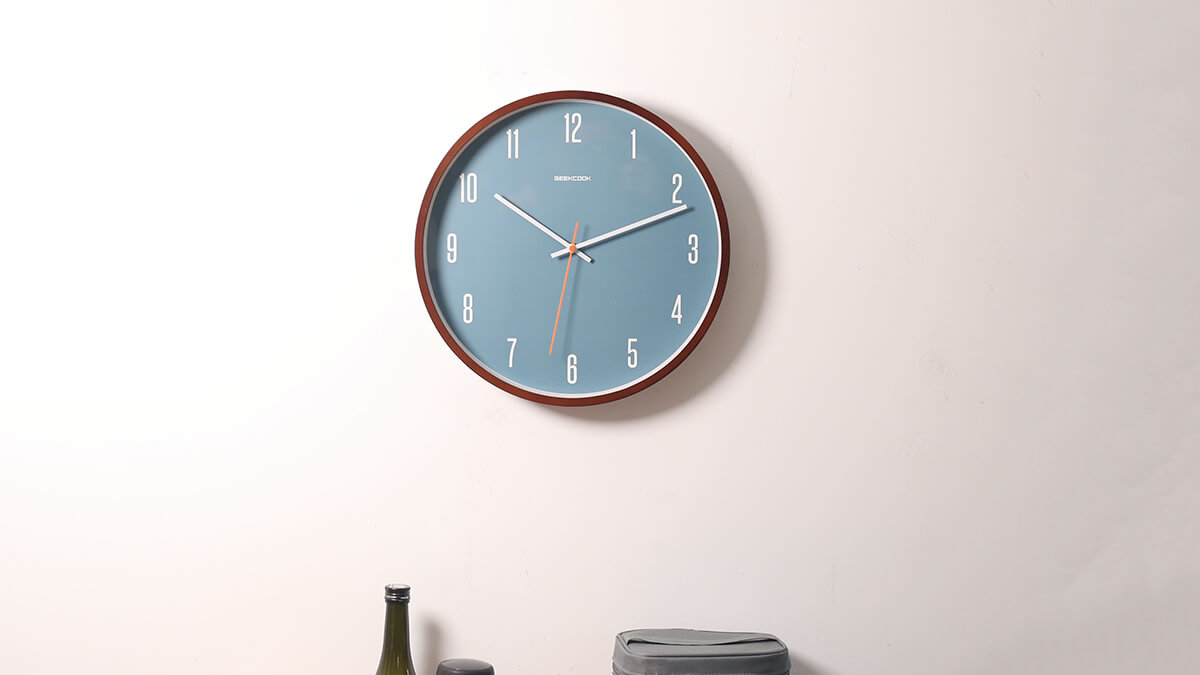
おはようございます! I work as a translator in Japan, and my working hours are from 9:00-18:00. You’ve probably heard about how hardworking Japanese employees are and that some have to work 12 hours a day. Taking breaks or going on vacations even feels strange to them! Times have changed, and having the right work-life balance is highly encouraged. That’s why on weekdays, I spend only 9 hours of my day in the office!
Clocking in late leaves a bad impression, so I always arrive at the office at least 15 minutes before my shift begins. I spend enough time to prepare myself for the day, which means I review my tasks, get updates on the projects, and catch up with my colleagues about work. Some Japanese companies do the rajio taisō (ラジオ体操) or “radio exercises” every morning, too! One common thing among traditional Japanese companies is having the chourei (ちょうれい; 朝礼) or “morning assembly” when all members gather for updates and news before having departmental assemblies.
Once I start working, I make sure I focus on my tasks for the day. One thing I admire in Japanese companies is how the higher-ups work with the rest of the members like they’re one of them. I even work on the same table as our company’s CEO sometimes! Every day, I get to grab lunch with my colleagues and take my breaks when I need them. After completing the daily tasks and meetings, I send a daily report of my progress to keep the company on the loop. And by 18:00 (or the end of my shift), the day is done. お疲れ様です!
Nomikai
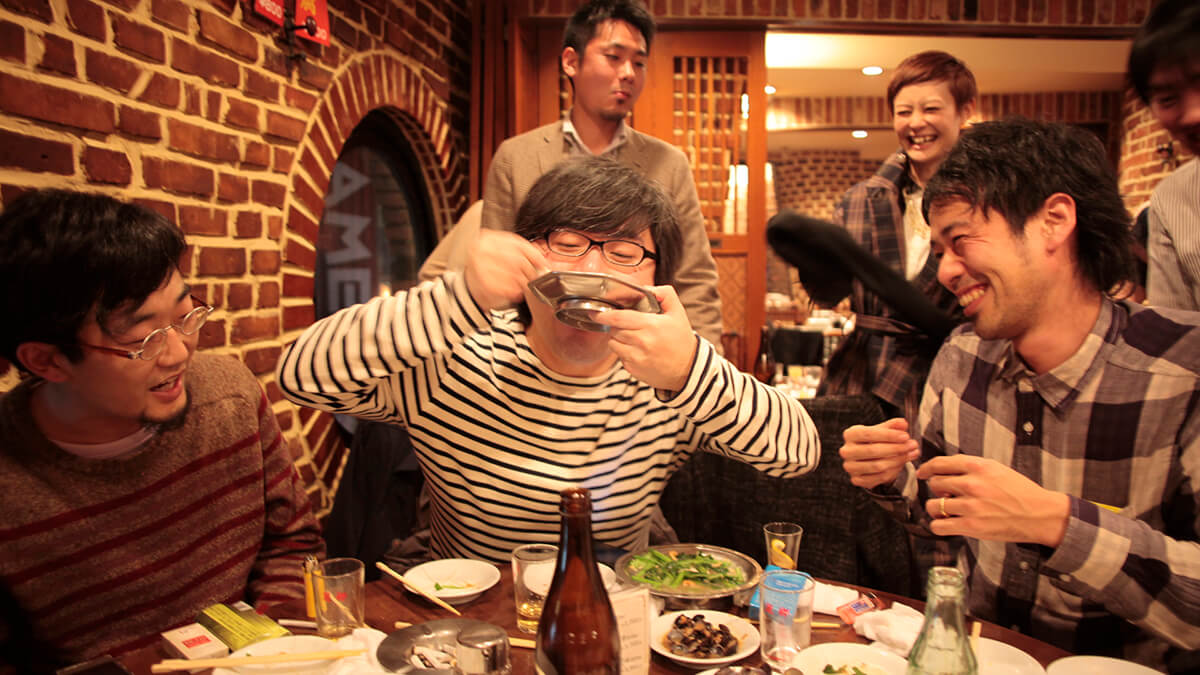
Photo by KENICHI OKADA on Flickr
If you’ve been reading about working in Japan, you’ve probably come across an article or two that talks about nomikai (飲み会)! Yes, having drinking parties is important for Japanese companies. It’s even part of your job! Nomikai is like a team-building activity in Japan, and although it doesn’t happen every day, each nomikai I’ve attended has been memorable.
When there’s a nomikai scheduled, I have dinner with my colleagues and, of course, have drinks. There are a couple of rules that I had to learn about nomikai when I started working in Japan. You have to let others pour your drink for you, and you’d do well if you sit with the right people. Usually, we have our nomikai in one izakaya (居酒屋) or Japanese bar and then move to another one for more drinks. It often feels like an endless night! Of course, employees are encouraged to drink as much as they can handle. So if you’re ready to hit the sack, you can politely refuse to join the rest of the office after downing a bottle or two.
I look forward to nomikai because it’s a fun way to bond with my colleagues. When we’re working, we’re 100% focused on our responsibilities, and winding down with them outside the office strengthens our relationships. (We also keep in mind that we’re not supposed to gossip about whatever happens in the nomikai!) No matter what time the party ends, everyone shows up to work the next day and carries on with the tasks. Do you think you’re ready for your first nomikai?
Evening Routine
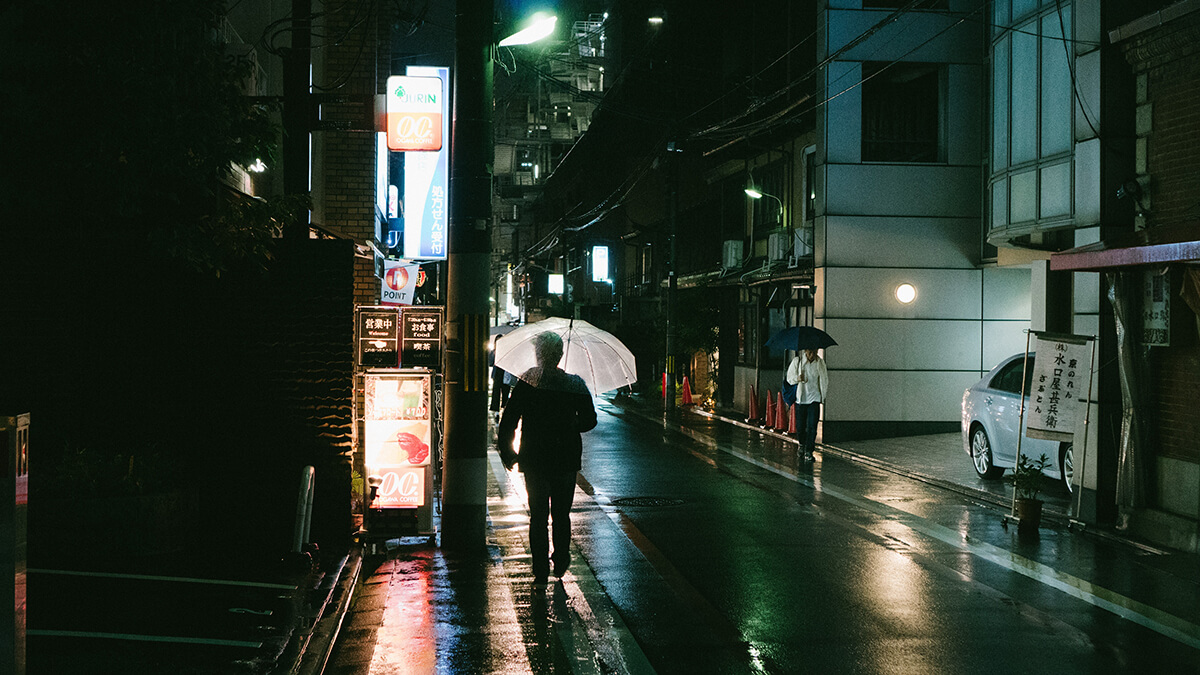
On regular days when there are no drinking parties scheduled, I have the freedom to spend the night however I like. I sometimes meet up with my friends or hang out with my colleagues for dinner. Usually, I just grab a meal and head home. Another hour-long train ride and short walks! I reach my apartment at around 21:00.
Before washing up, I take a last look at my work-related emails. I never run out of them! I only do it since it helps me prepare myself for tomorrow. When I’m not too tired, I pick up where I left off in a book I’m reading or watch anime. Apart from what I do in the office, I always find time to exercise my Japanese language skills. Although I exercise my translation skills every working day, I find it necessary to keep still my eagerness to study. Simple activities like reading manga, watching Japanese shows, or listening to Japanese songs have already become a part of my routine.
Before midnight, I’m ready to retire. With my stuff packed and ready for the next day and my alarm set, I get my good night’s sleep. I see to it that I get at least 7 hours of sleep so I can come to work refreshed and energized. Don’t worry! I had to spend many exhausting mornings when I was still adjusting. You will need time to improve your body clock and mentality. You’ll be surprised one day that you’ll wake up and find that you’ve become accustomed to your daily life as a foreign worker in Japan!
Conclusion
Life in Japan changes every day. Those who have worked in the 90s could tell you how different it was working in Japan back then. Your daily life in Japan as a foreign employee depends on many things. Build your routine according to your work, your location, and your hobbies. Your work status—full-time, part-time, or temporary—is also significant. And remember, you got your days off to enjoy to the fullest! Blending in with Japanese culture takes time, and you will need friends to help you.
The work environment that you’re used to back home could be a lot different. Feel free to ask around and learn when you make mistakes. The first months will be challenging, but your job and your passion for the Japanese language and culture are worth it. After all, the best way to prepare for your work life in Japan is to live it yourself. See you around!
Motto Japan, the community platform to support foreigners with the foundation for life in Japan, including Japanese study, job opportunities, and housing service. Motto Japan Media will provide a wide variety of information for Japanese fans all over the world, to create a cross-cultural environment and enrich the life of foreign residents in Japan!



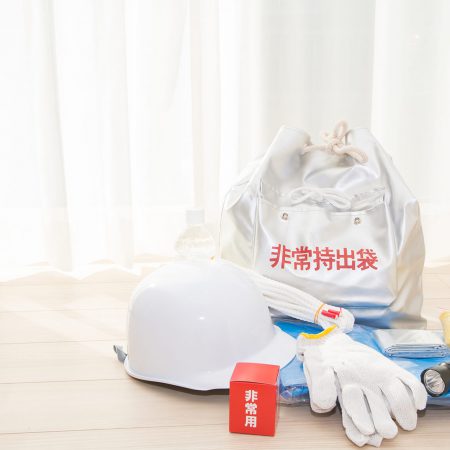



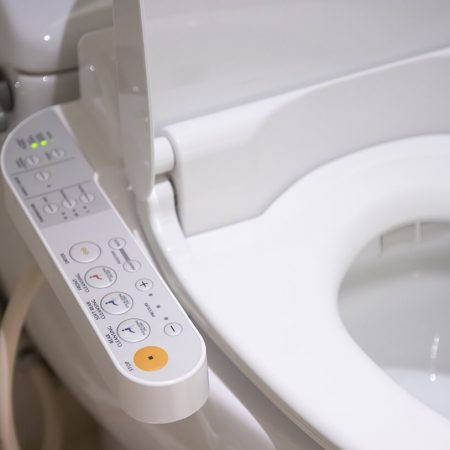





Leave a Reply